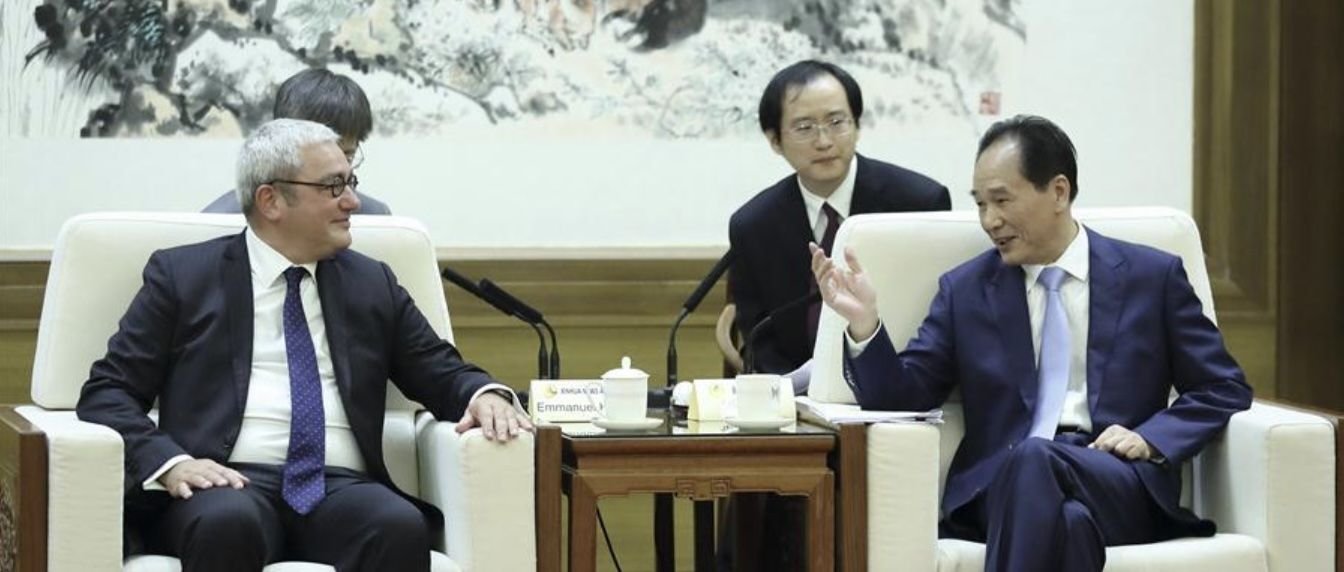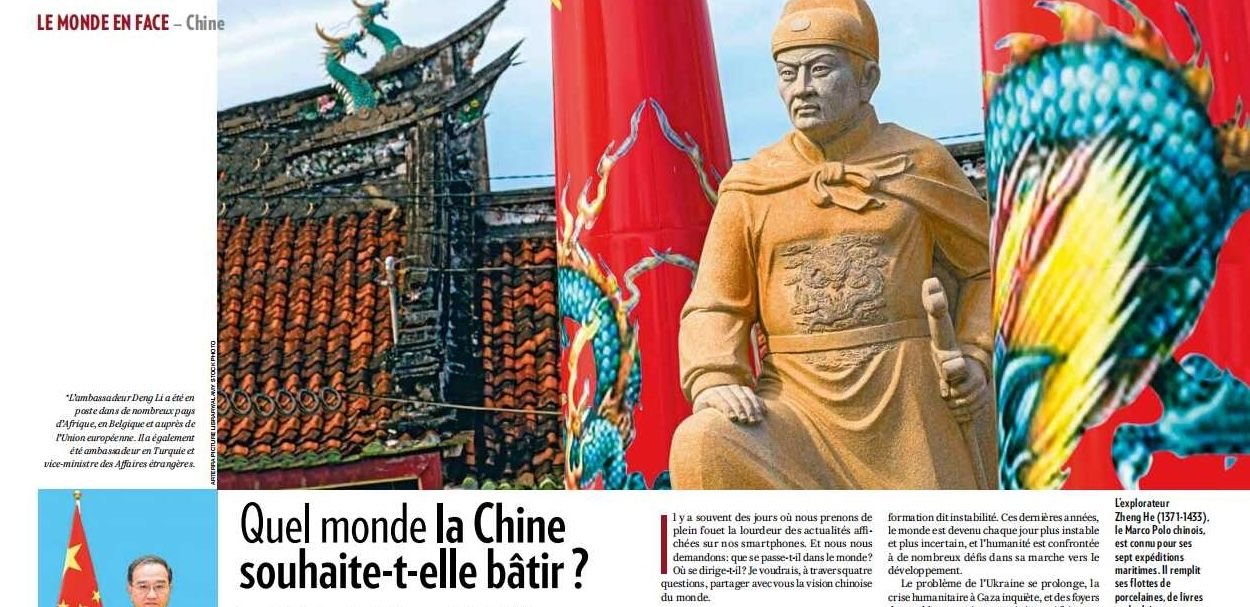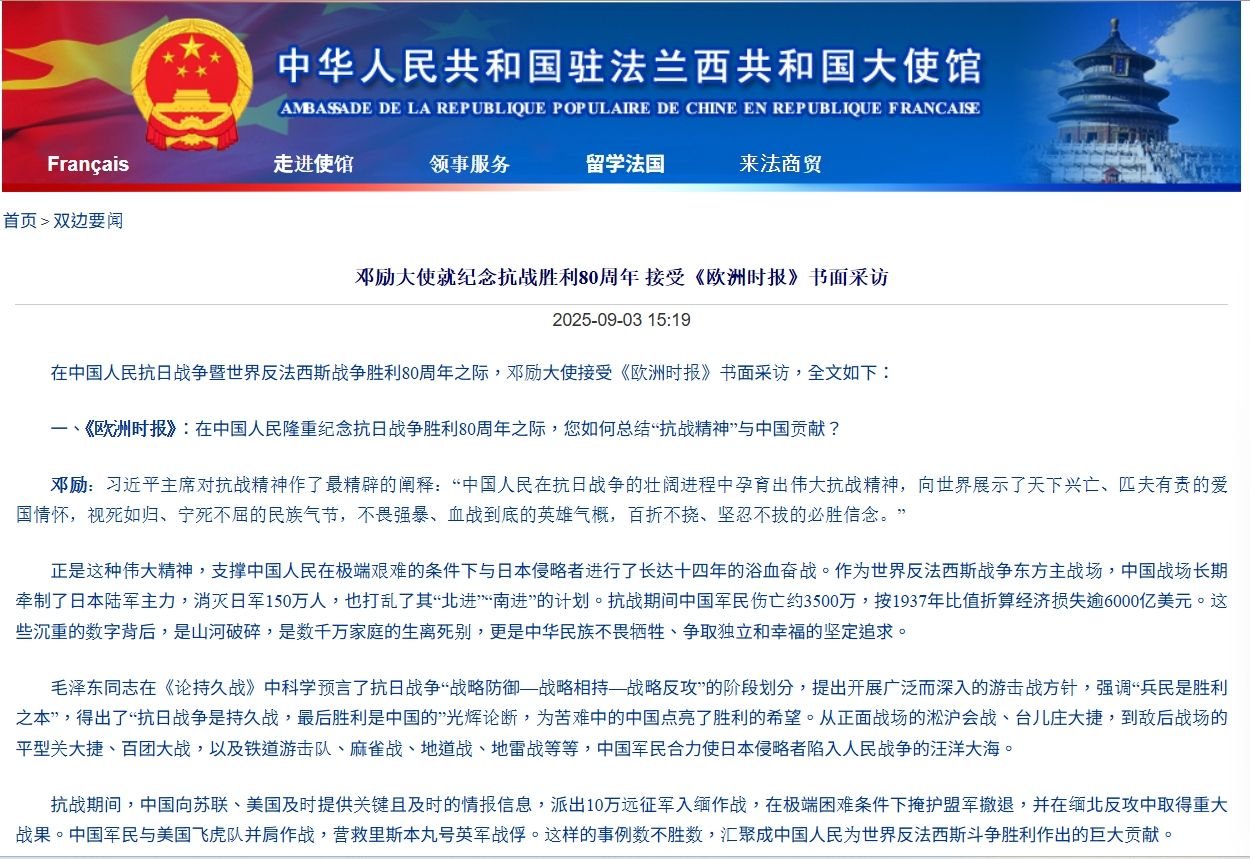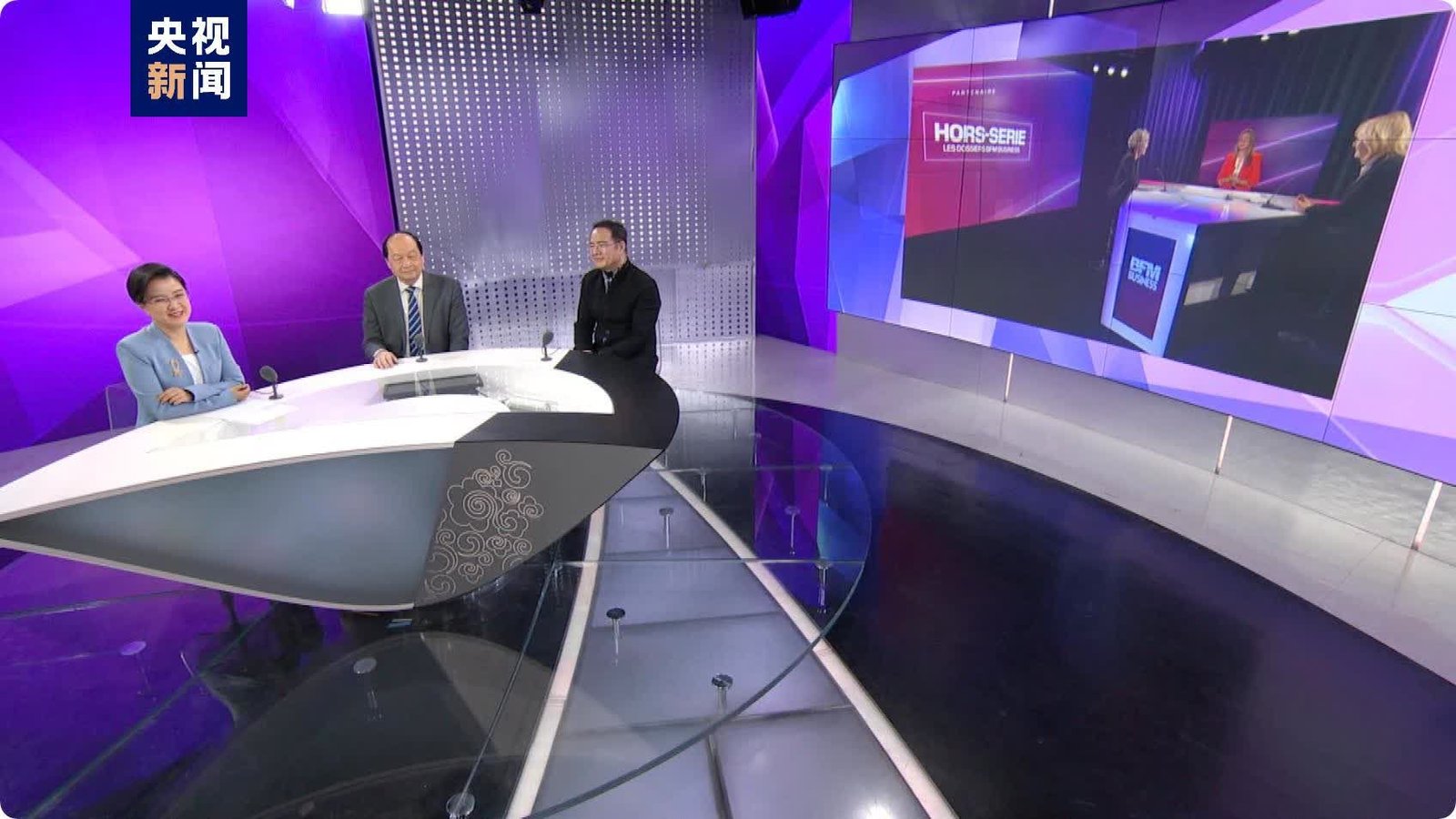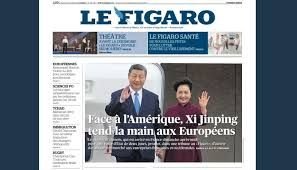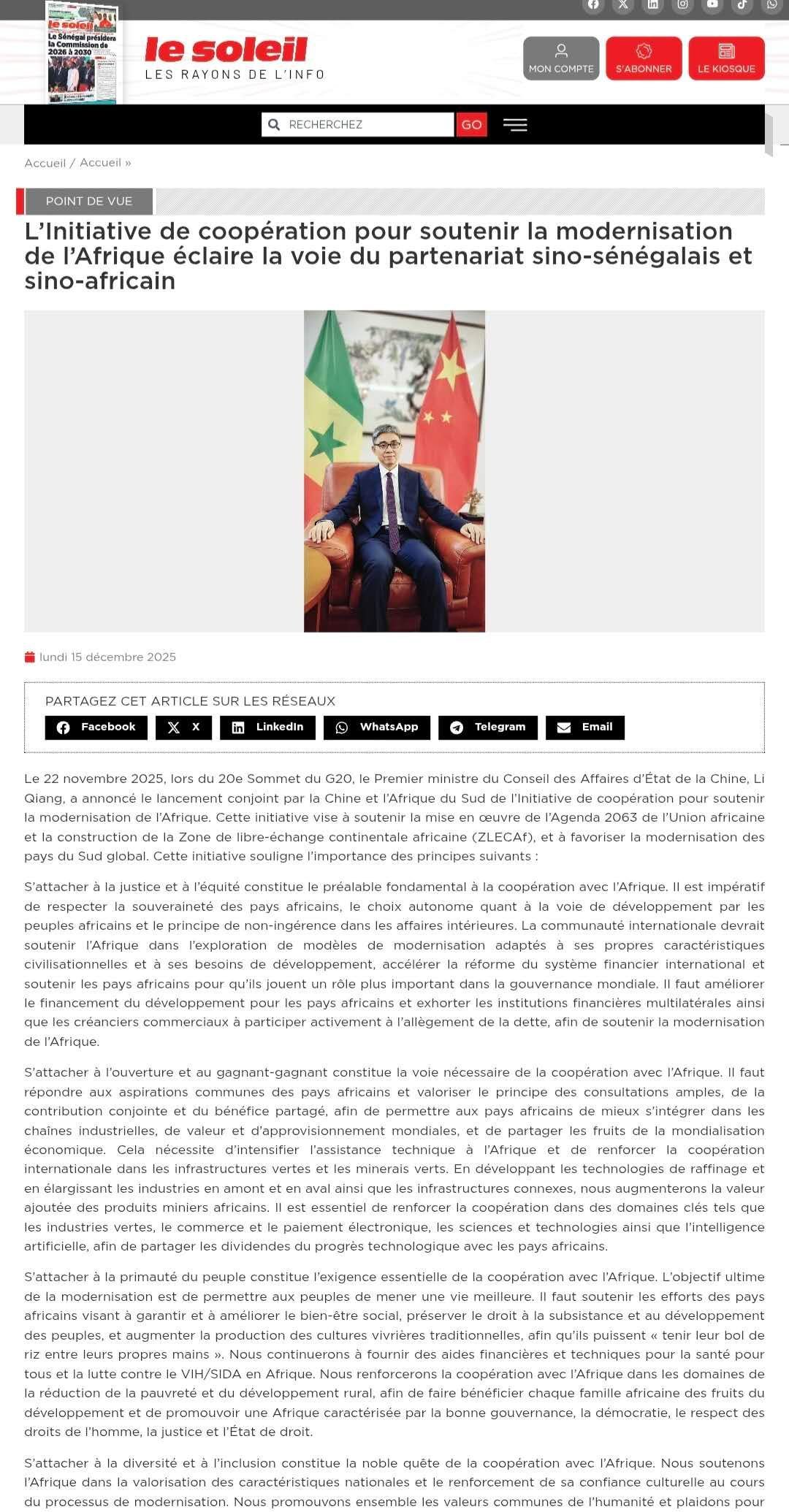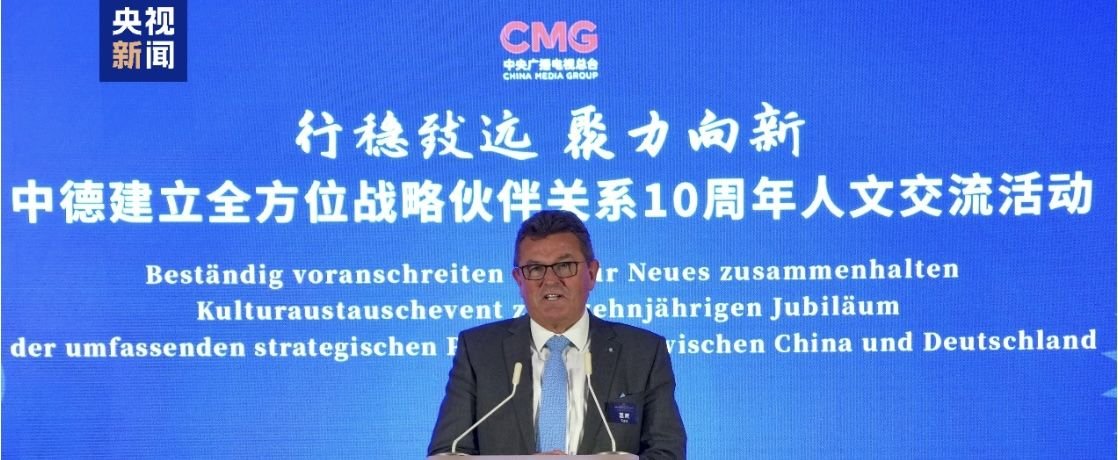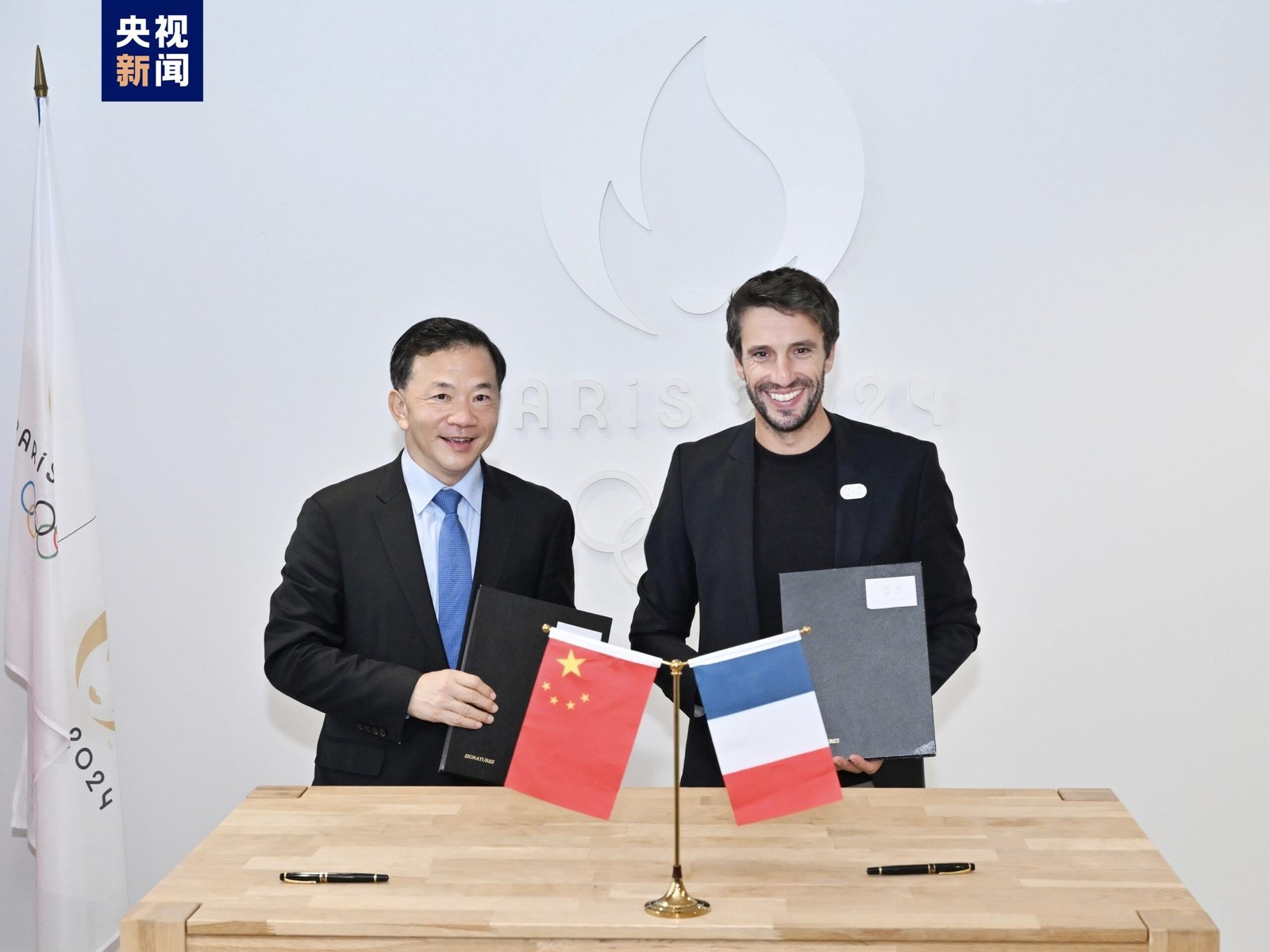Xinhua and AFP Mark 60th Anniversary of News Exchange
On September 12, 2017, Xinhua News Agency President Cai Mingzhao (蔡名照) met with Agence France-Presse (AFP) President Emmanuel Hoog in Beijing to discuss cooperation in new media development, photography, short videos, financial information, and technology services. The meeting marked the 60th anniversary of news exchange agreements between the two agencies, which began in 1957. Cai expressed hopes to “increase communications and cooperation.” At the same time, AFP’s president said that the agencies had “maintained long-term cooperative relations” and hoped to “share more experiences in the future.” No formal agreement was signed during the meeting.

